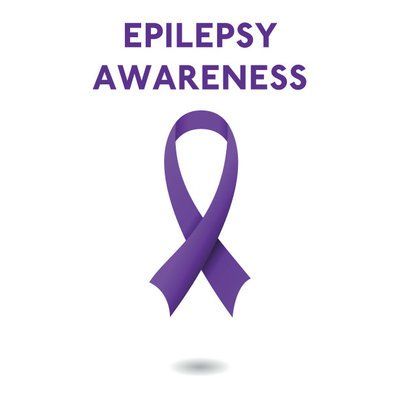
Epilepsy Tied to Increased Risk for Psychiatric Comorbidities
TOPLINE:
Prevalence of more than a dozen psychiatric disorders — including anxiety and depression — is significantly higher in individuals with epilepsy than in those without, a new meta-analysis suggests.
METHODOLOGY:
- Researchers conducted a systematic review and meta-analysis of 27 studies
- They compared the prevalence of 20 common psychiatric disorders between more than 565,000 individuals with epilepsy and more than 13.4 million without epilepsy.
- Of the studies included, 14 were from Europe, 10 from North America, two from Asia and Oceania, and one from Latin America.
TAKEAWAY:
- Individuals with epilepsy had a significantly higher prevalence of anxiety (8.4% vs 5.7%; odds ratio [OR], 2.1; P < .001), depression (13.7% vs 9.3%; OR, 2.5; P < .001), and any psychotic disorder (14.8% vs 6.3%; OR, 3.98; P < .001) than those without epilepsy.
- They also had higher rates of obsessive-compulsive disorder (0.4% vs 0.1%; OR, 2.7; P < .001), posttraumatic stress disorder (PTSD; 5.6% vs 3.7%; OR, 1.8; P = .01), schizophrenia (3.3% vs 0.9%; OR, 3.7; P < .001), and suicidal ideation (20.0% vs 11.7%; OR, 2.3; P < .001).
- Similarly, substance use disorders, including alcohol misuse (6.8% vs 2.6%; OR, 3.6; P < .001) and alcohol dependence (3.3% vs 1.1%; OR, 4.9; P < .001), were more prevalent among participants with vs without epilepsy.
- Neurodevelopmental disorders also showed marked differences, with autism spectrum disorder (10.9% vs 1.0%; OR, 10.7; P < .001) and attention-deficit hyperactivity disorder (13% vs 3.4%; OR, 3.9; P < .001) being more prevalent in those with epilepsy than in those without.
IN PRACTICE:
“The findings suggest that the training curriculum for epilepsy care should incorporate validated psychiatric screening tools. Additionally, resources for information and care referral related to other common conditions, eg, PTSD and substance use disorder, should be readily accessible to neurology specialists treating individuals with epilepsy,” the investigators wrote.
SOURCE:
The study was led by Churl-Su Kwon, MD, of the Departments of Neurology, Epidemiology, and Neurosurgery, the Gertrude H. Sergievsky Center, Columbia University Irving Medical Center, New York City. It was published online on November 25 in JAMA Neurology.
LIMITATIONS:
Heterogeneity across studies was associated with diagnostic methods and criteria, age group, and inpatient vs outpatient settings. Self-rating psychiatric instruments used in this analysis may not have necessarily established a psychiatric diagnosis. The studies also lacked information about management, diagnostic and therapeutic gaps, and other unmet healthcare needs. Additionally, population-based studies are lacking from the African and Eastern Mediterranean regions.
DISCLOSURES:
The authors provided no funding information. Two investigators reported holding positions and receiving honoraria from various sources outside the submitted work. Full details are listed in the original article.
This article was created using several editorial tools, including AI, as part of the process. Human editors reviewed this content before publication.




